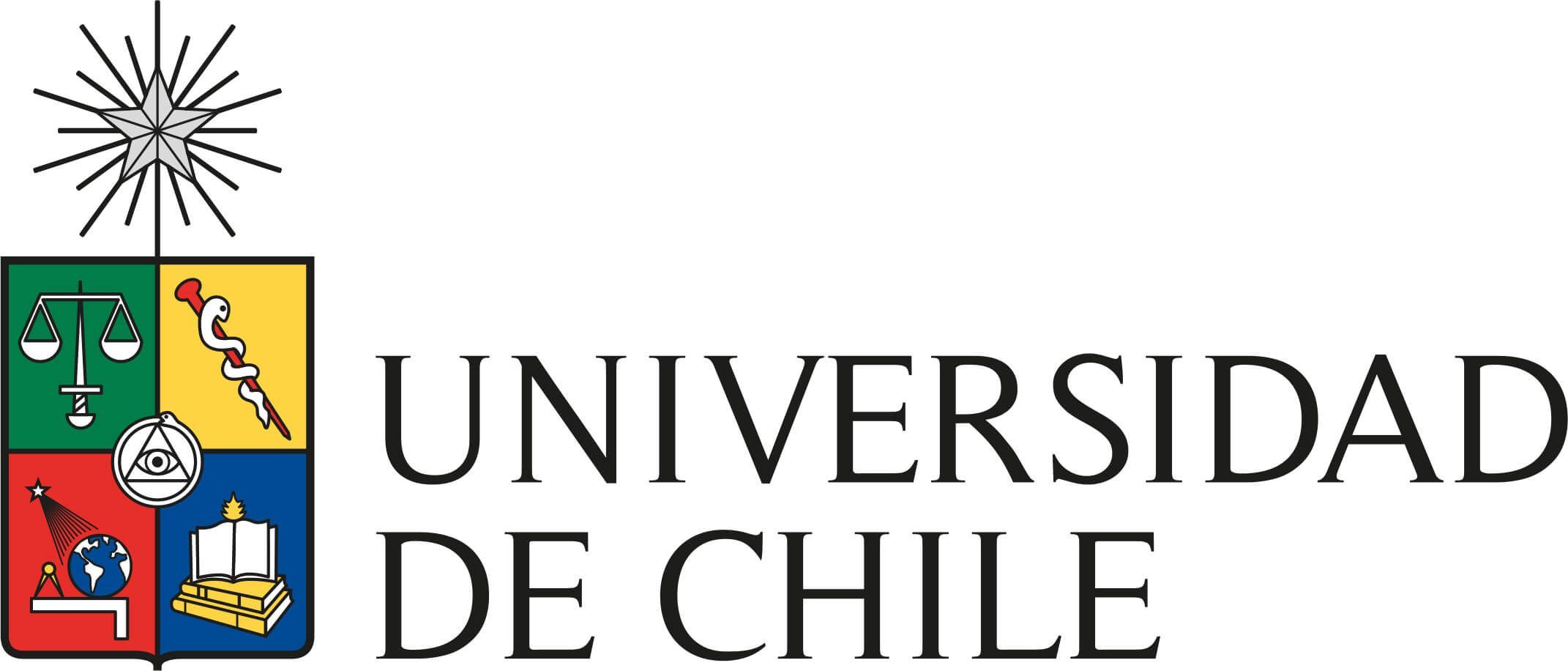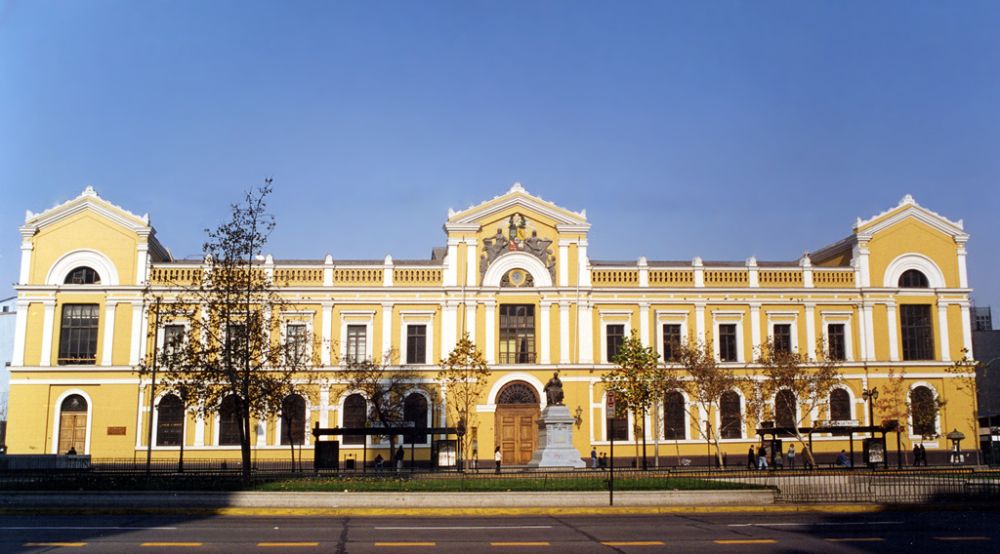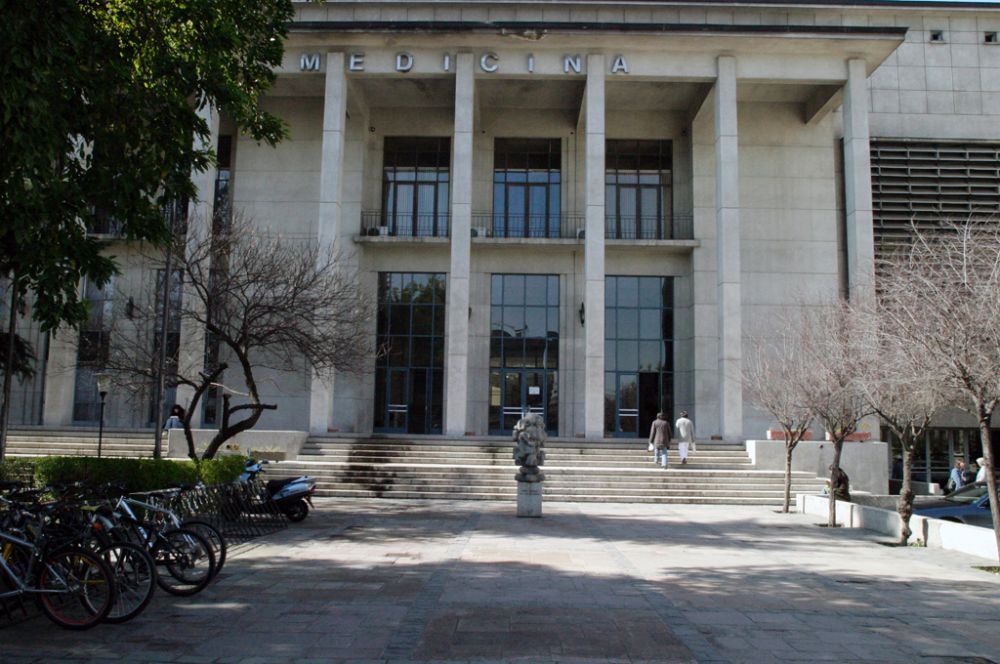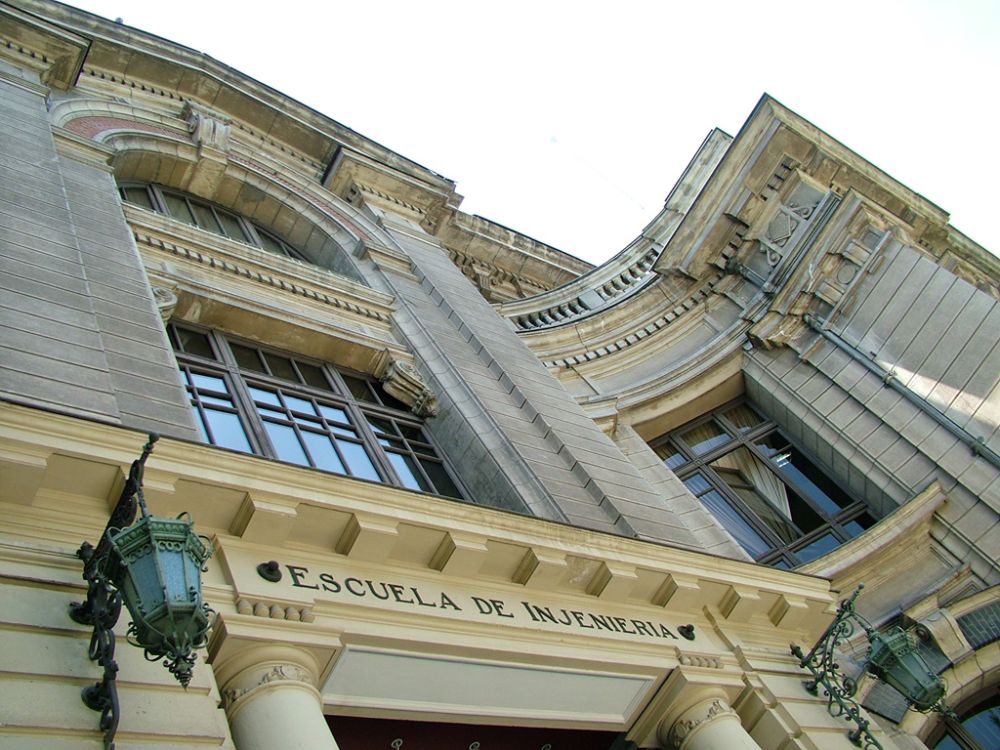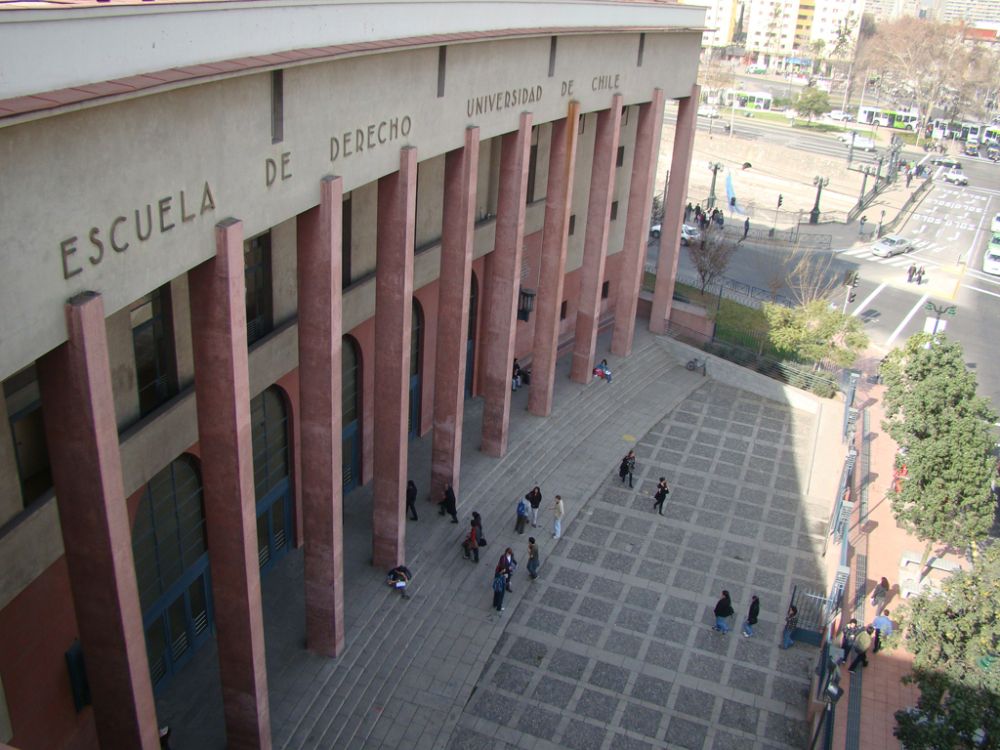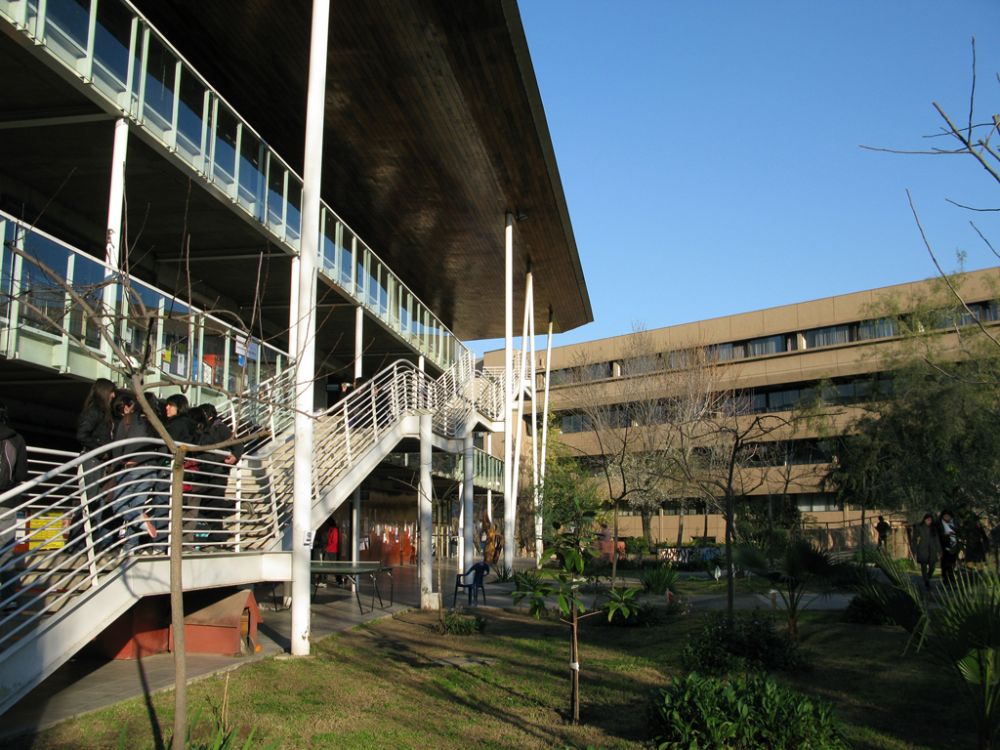General information
The University of Chile was founded on the 19th of November, 1842. It is the oldest higher education institution in Chile. Generating, developing, integrating and communicating knowledge in all the areas of knowledge and culture are the mission and basis of the activities of the University. This makes up the involvedness of their work and directs the education they impart.
Among the first Presidents are the founder, the Venezuelan humanist and jurist Andrés Bello (1843 – 1865), and the Polish scientist and mineralogist Ignacio Domeyko Ancuta (1867 – 1883).
The University is located in the capital city Santiago de Chile and it is a public university with international quality. All the areas of knowledge are elaborated in their lecture halls and today the university is at the top of the Chilean university system with regard to teaching, research, creation and outreach.
- Faculties and Institutes: Distributed in five campuses and several experimental stations in Santiago and other Regions of Chile:
- 16 Faculties: Architecture and Urbanism, Arts, Agricultural Sciences, Chemical and Pharmaceutical Sciences, Communications and Image, Dentistry, Economy and Business, Forestry Sciences, Government, Law, Medicine, Philosophy and Humanities, Physical and Mathematical Sciences, Sciences, Social Sciences and Veterinary and Animal Sciences.
- 3 Interdisciplinary Institutes: Advanced Studies in Education, International Studies and Nutrition and Food Technology.
- The University of Chile has 47.307 students (2024)
21 Chilean Presidents have been students of the University of Chile. Also, the two Chileans who received the Nobel Prize, Gabriela Mistral (1945) and Pablo Neruda (1971), both in Literature, were members of the University.
215 National Awards (2025) have been awarded in different fields to distinguished persons that have been alumni, professors or researchers of the University.
It is placed among the 501- 600 best higher educational establishments in the World Ranking of Universities (ShanghaiRanking Consultancy, 2025).
Quality Assurance
Institutional Accreditation: Accredited by the National Commission for Accreditation in all areas for the maximum period of 7 years (2025-2032).

